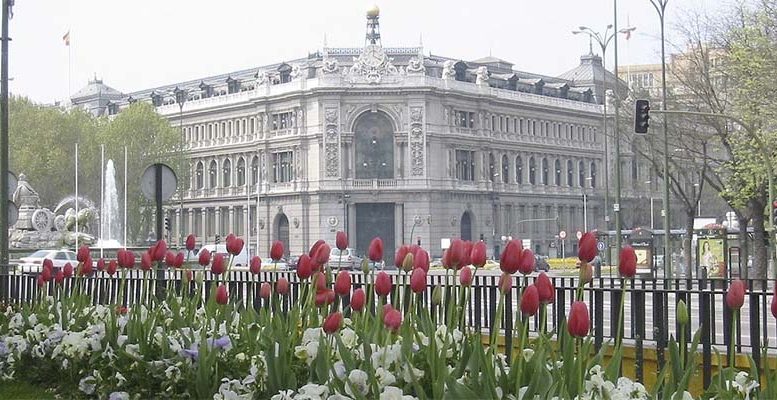Scope Ratings |A series of debtor-friendly national and regional decrees introduced before the pandemic was already weighing on investor sentiment. But the sharp economic downturn has exacerbated uncertainties that were building up and will depress recovery rates on NPL portfolios even further.
The legal framework applicable to Spanish NPLs has received a lot of scrutiny in recent years, as concerns have grown around debtor-friendly legal developments that could be detrimental to investors’ interests.
Law 5/2019 increased protection to consumers around mortgage termination clauses. As a result, the course of foreclosure proceedings related to consumer mortgages significantly slowed in recent years, following increased litigation over several standard mortgage contract clauses that banks traditionally included but which borrowers claimed were abusive1.
Royal Decree Law 6/2020 increased levels of protection for vulnerable borrowers by extending the moratorium on evictions from primary residences by another four years (up to May 2024) and broadening the scope of borrowers protected under its provisions.
At the regional level, recent amendments to Catalonia’s housing legislation are aimed at increasing consumer protection. The intent behind decree laws 17/2019 and 1/2020 is to improve access to housing via expansion of social leases, forcing empty housing into use, and assisting those at risk of homelessness from foreclosure or eviction.
Impact on NPL portfolios
Recent legal developments in Spain will lead to lower cash flows and higher risk premiums. The Covid-19-induced crisis is exacerbating legal risks for Spanish NPL investors, as the need to apply debtor-protective measures is much more likely to crystallise in a recessionary environment. In addition, there is still room for national and regional governments to pursue new policies that could be detrimental to asset holders.
Lower net cash flows
Scope expects lower nominal and discounted net cash flows from NPL portfolios because of:
- Higher legal costs as a result of prolonged legal proceedings.
- Higher haircuts on out-of-court agreements. For instance, negotiations with squatters to vacate properties may be complex in the current legal environment.
- Lengthy legal proceedings and mandatory long-term social leases will likely push collections further out, depressing the net present value of cash flows.
- Potential expropriation of REO assets located in Catalonia (albeit unlikely to be enforced in the current circumstances) or mandatory social leases at below market rates.
Legal uncertainty risk premium
Recent developments in Catalonia have been a particular concern for Spanish NPL investors, who have even questioned the constitutionality of decree laws 17/2019 and 1/2020 (see next section for a comprehensive summary). But the law is binding at present and there is a risk that other regional governments might approve similar policies undermining individual property rights, at least to some degree. For instance, the Government of the Balearic Islands recently approved Decree Law 3/2020, which includes measures similar to those approved in Catalonia. The implementation of rent controls in certain metropolitan areas is also a plausible scenario.
Uncertainty around future changes to regional and national legal frameworks may increase investors’ required rate of return, thus decreasing even further the present value of expected cash flows.
The extent to which legal risks may affect investors will largely depend on the composition of NPL portfolios, in particular regarding regional composition as well as exposure to squatters and vulnerable debtors. Scope estimates that up to 10% of residential REO assets from securitised portfolios may be occupied without title (i.e. squatted). As regards non-performing loan collateral, data from the Bank of Spain shows that only about 10% of households in the lowest quintile of income distribution have a mortgage, compared to more than 27% for the broader population.
However, it is likely that these households are over-represented in non-performing loan portfolios. Analysis of data from a 2014 Spanish survey of household finances shows a 35% incidence of arrears in the lowest quartile of income distribution compared to 21% for the broader population.
Post-Covid-19: a less liquid market for Spanish non-performing credit?
The impacts of Covid-19 will slow real estate market activity, depressing collateral values. Scope also expects a negative impact on recovery timing. Court activity and court deadlines in Spain were suspended from March until end of April4. While legal proceedings will be resumed gradually, Spanish courts will probably not prioritise foreclosure or bankruptcy proceedings.
Investors will likely take more conservative views on their projections for recoveries, both in terms of timing and amount, leading to a widening of the bid-ask gap, and reducing liquidity for Spanish non-performing credit.





